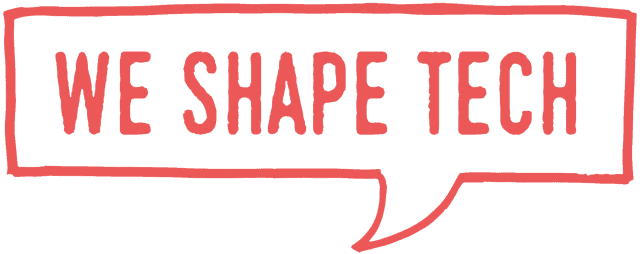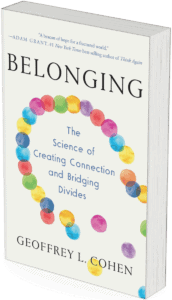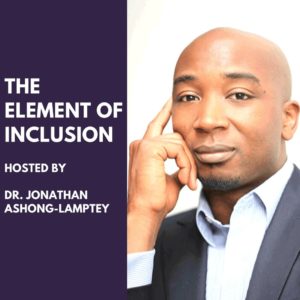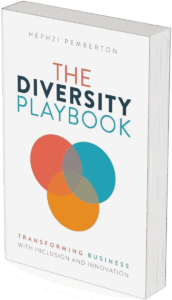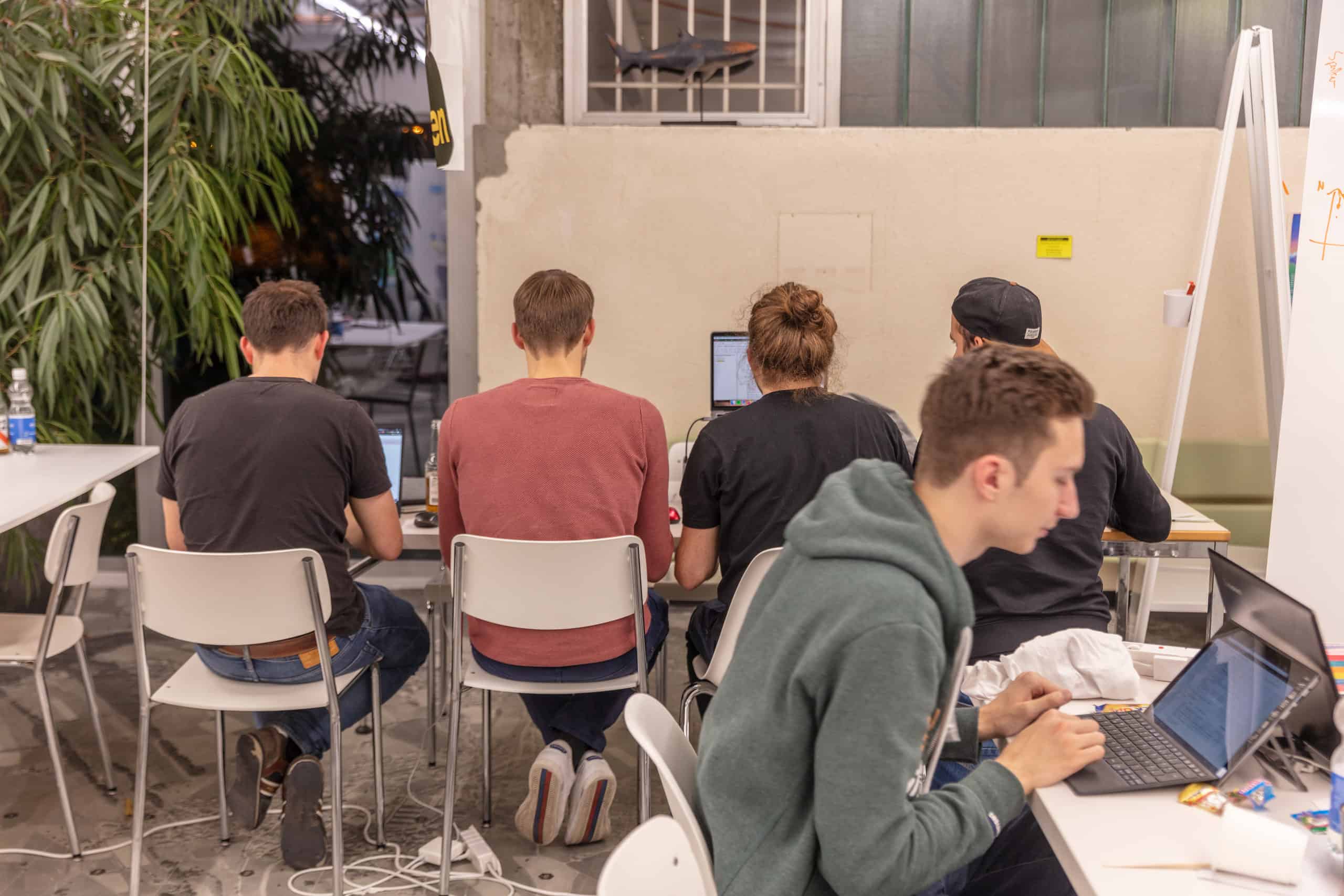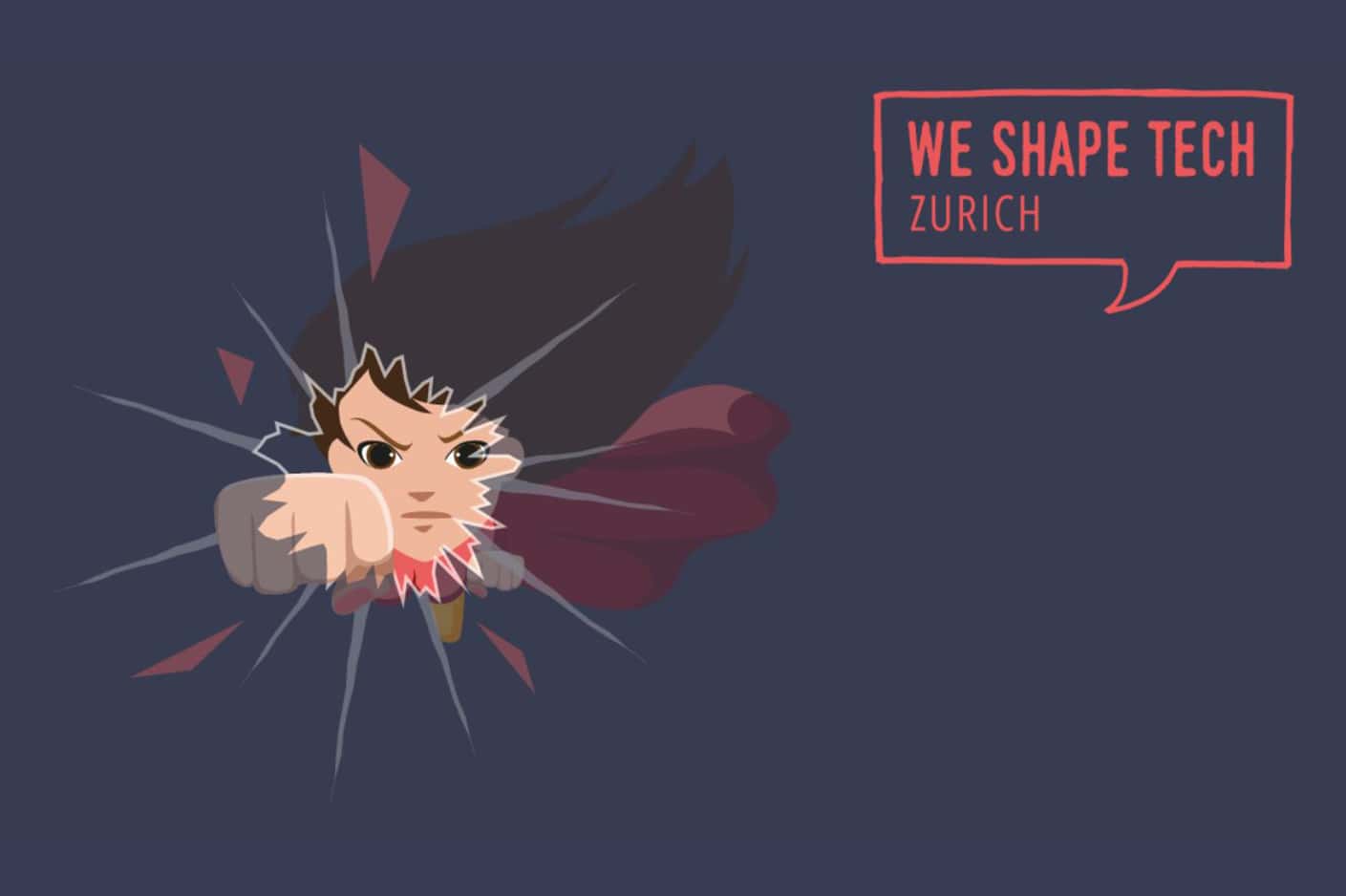Interview by Aileen Zumstein
Every month we ask one individual in our network a few questions about their way into tech, their motivation and their lessons learned.
Let’s start from the beginning. Tell us about where you’re from!
I was born in Munich, Bavaria. My parents were political refugees who fled Bulgaria. They arrived in Germany with a single suitcase and many dreams. They wanted to start a family and bring me into a so-called free world, being able to develop and articulate my own thoughts, speak my mind and fulfill my whole “potential” without having to be afraid of an oppressive system.
What valuable advice did you get from your parents?
It is not important where you are from, how people think of you or judge you, as long as you are an honest, kind and upright person keeping the laws of a democratic system at heart.
The people you are surrounding yourself with, the relationships you are fostering are your roots.
How did you become interested in tech?
Both my parents were engineers. In my childhood I have seen every household appliance taken apart, often repaired and then put back together. That was a lot of a fun for me, too. It made me really curious about how things really work.
On a broader scale I realized early on that tech changes society and the ways we live, work and interact with each other. But technical achievements, its adaption and devices are not per se democratic nor user-friendly. We have to make sure that they are.
What aspects of your work are you proudest of?
The ways in which we collaborate with each other are key to a transparent and inclusive organizational culture. As a communication and collaboration specialist I always worked hard to make sure employees benefit and keep agency even if their whole working environment is turned upside down.
What drives you at work?
With witty.works we are providing services and products to ensure tech companies are inclusive and diversity-friendly. During our careers we have seen over and over again:
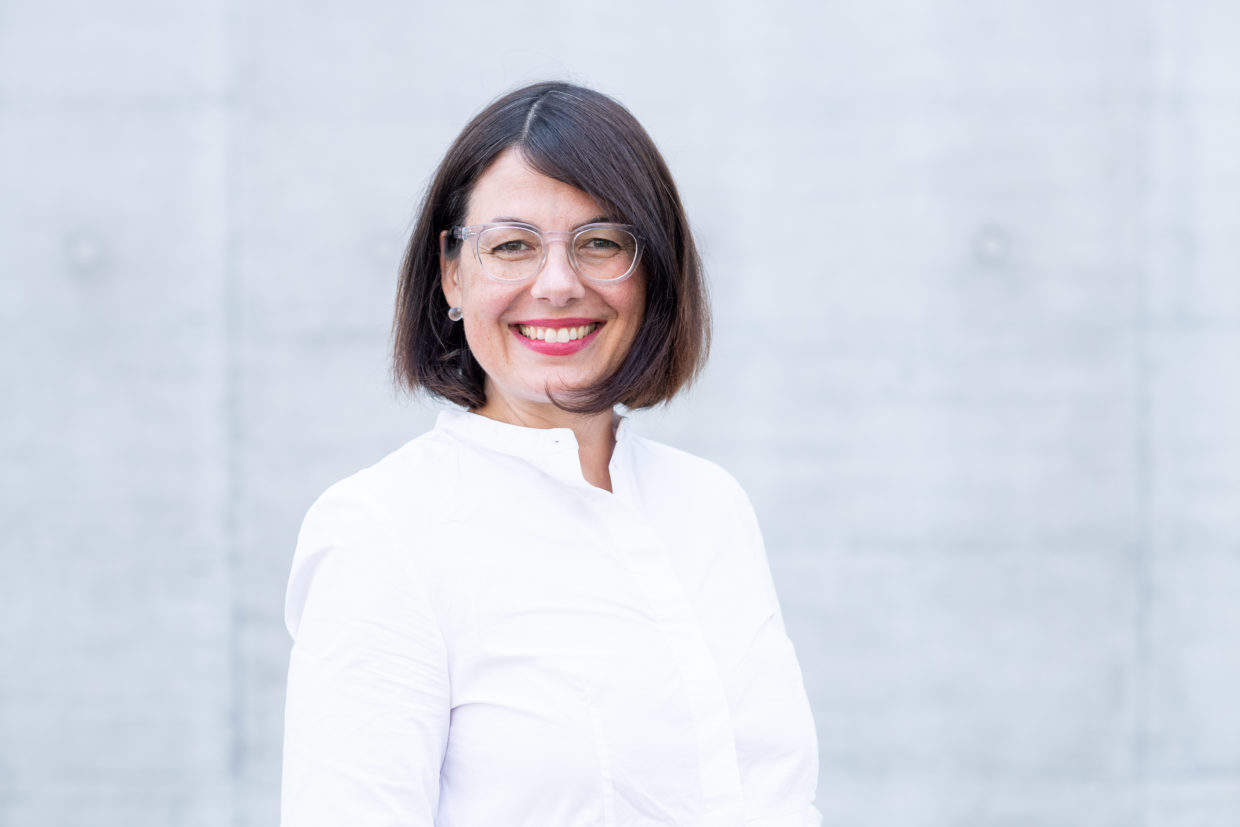
What has been your toughest challenge you faced while working in tech?
Translating and introducing new ways of collaborating with each other in elder care. Tech is often frowned upon or at least confronted with resistance in many “social” domains. There are a lot of biases towards working with “computers” or other technical interfaces. For example: Spending time to document, inform yourself or collaborate on those interfaces is often perceived as wasting precious time that might be better spent with the people you care for – your customers. That is an important concern and I am far from judging it.
Navigating the dynamics of virtual vs real-time interaction and finding a way of creating value for the users was challenging.
Still, elder care and other sectors in health-care and assisted living need to adapt new ways of collaborating, creating and providing services.
What advice would you give other women in tech?
Be bold, be brave and follow your own path. If you apply for a new job, choose your leaders wisely and make sure they are committed to your career goals.

